T4K3.news
Israel approves plan to seize Gaza City
A five point plan to disarm Hamas, take security control of Gaza City, and relocate civilians is approved by Israel's security cabinet, drawing international concern and domestic debate.
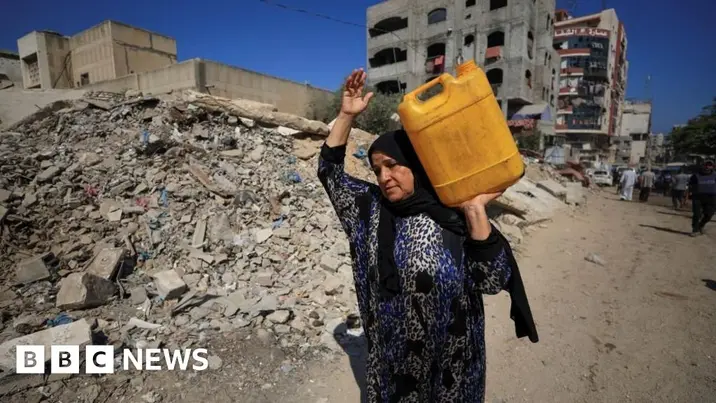
Editorial take on Israel's security cabinet approval of a plan to seize Gaza City and its humanitarian and diplomatic implications.
Israel approves plan to seize Gaza City
Israel's security cabinet approved a five point plan to disarm Hamas, recover hostages, demilitarise the Gaza Strip, take security control of the territory, and establish an alternative civil administration outside Hamas and the Palestinian Authority. The plan concentrates on Gaza City as the initial target and envisions relocating about one million residents south while opening corridors for humanitarian aid to civilians outside combat zones. A second offensive would follow weeks later, alongside a boost in aid delivery, according to media reports.
Critics warn of harsh consequences for civilians and hostages, and say the move could widen the war and trigger further displacement. The plan has drawn international criticism from allies and the UN while domestically it faces opposition from families of hostages and from parts of the political spectrum. The security cabinet comprises key ministers, including Itamar Ben Gvir and Bezal Smotrich, who oppose ceasefire deals and may influence the government’s stance toward Gaza. Israel says the priority is to disarm Hamas and move toward a new civil administration; critics worry about the legality and humanitarian impact of moving large populations within Gaza.
Key Takeaways
"This action will do nothing to end the conflict or secure the hostages' release."
Keir Starmer commenting on the cabinet decision
"Further escalation will result in more massive forced displacement, more killing, more unbearable suffering."
Volker Türk warning about humanitarian impact
"Israel has been in violation of international law since the war began."
Mark Lyall Grant on potential legal issues
"Practically all of Gaza has been squeezed into the western part of Gaza City, and that's all that's left."
Palestinian Mahmoud al-Qurashli describing displacement
The decision reflects a hardening stance within Israel’s leadership and signals a willingness to use a more comprehensive takeover strategy. It places political bargaining power in the hands of a coalition that prizes a tough line on Gaza, potentially narrowing room for diplomacy and negotiations. The move also tests the limits of international humanitarian norms as displacement risks rise and aid logistics face strain. While the plan claims to seek humanitarian relief outside combat zones, the practical risks to civilians are high and the long-term governance question remains unresolved.
Highlights
- This action will do nothing to end the conflict or secure the hostages' release
- Further escalation will result in more massive forced displacement, more killing, more suffering
- Israel has been in violation of international law since the war began
- Practically all of Gaza has been squeezed into the western part of Gaza City
Potential humanitarian and diplomatic fallout
The plan risks massive displacement, harm to civilians, and broad international criticism. It also tests the compatibility of the approach with international law and hostage negotiations, raising questions for allies and aid agencies about feasibility and safety.
The coming days will test how forces, diplomacy, and aid networks can avert a wider collapse.
Enjoyed this? Let your friends know!
Related News
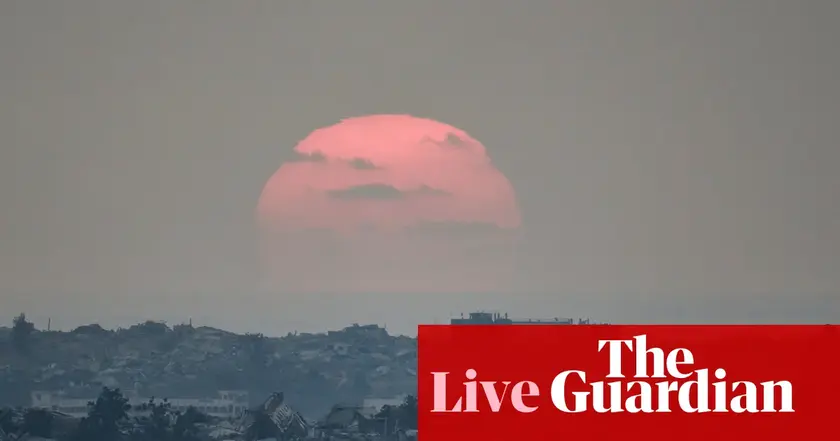
Gaza City plan triggers international backlash

Gaza City plan faces global backlash
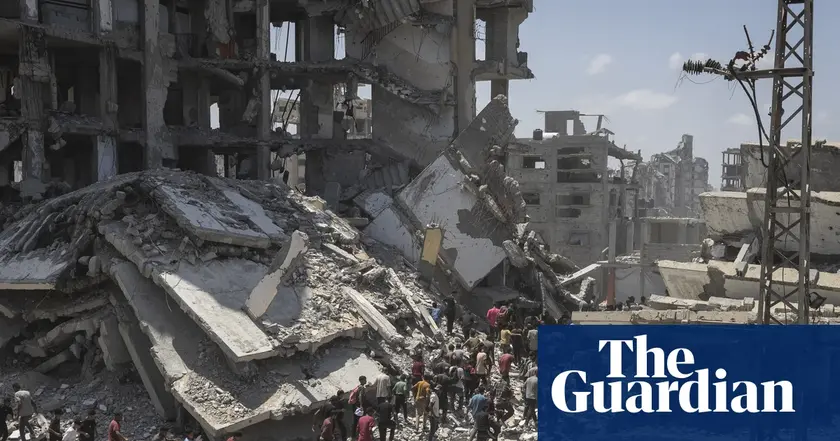
Israel plans Gaza City takeover draws international outrage
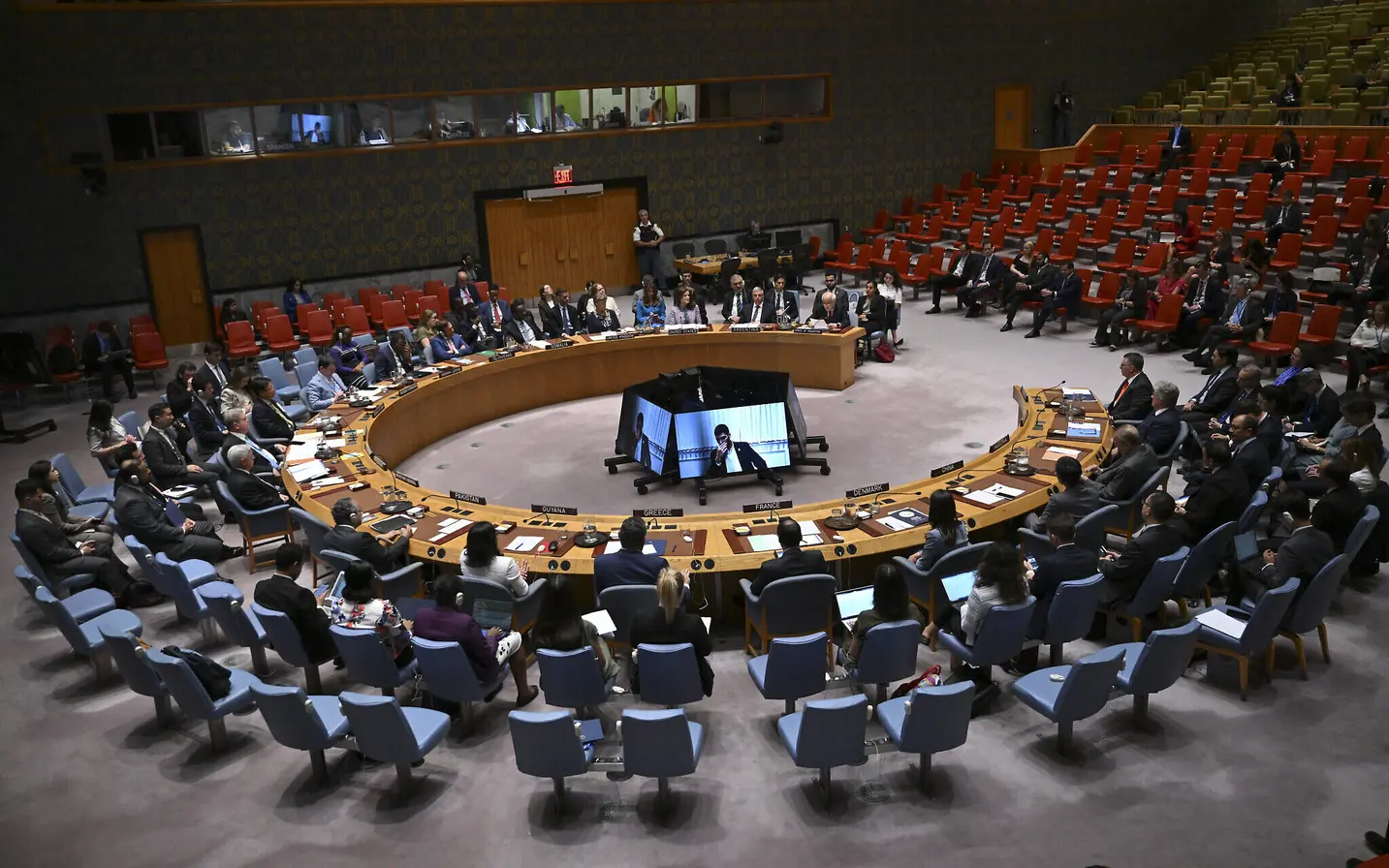
Israel Gaza City plan draws global condemnation

Gaza strategy under fresh scrutiny

Protests surge as Gaza City plan tests Israeli resolve
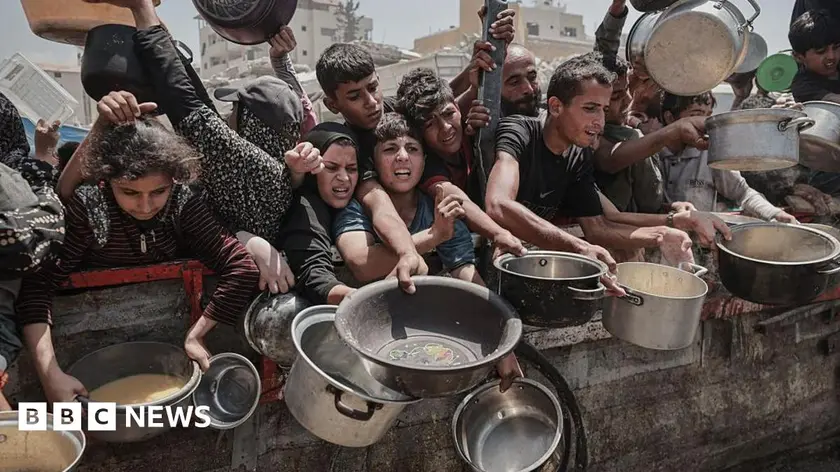
Israel moves to seize Gaza City faces global backlash
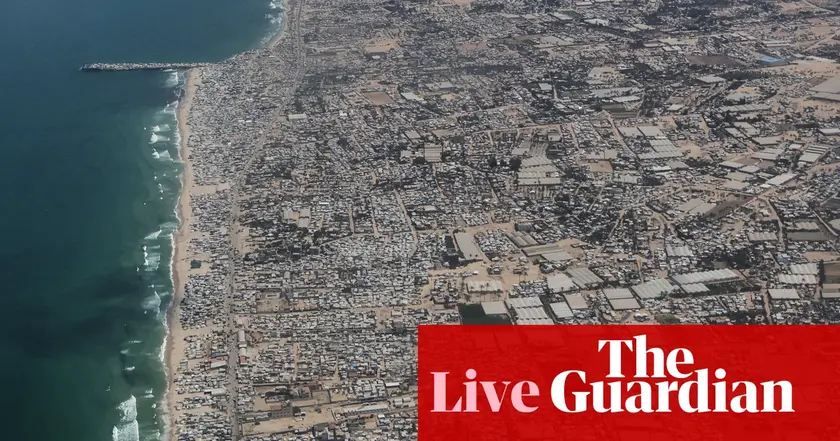
Israel security cabinet approves Gaza City operation
